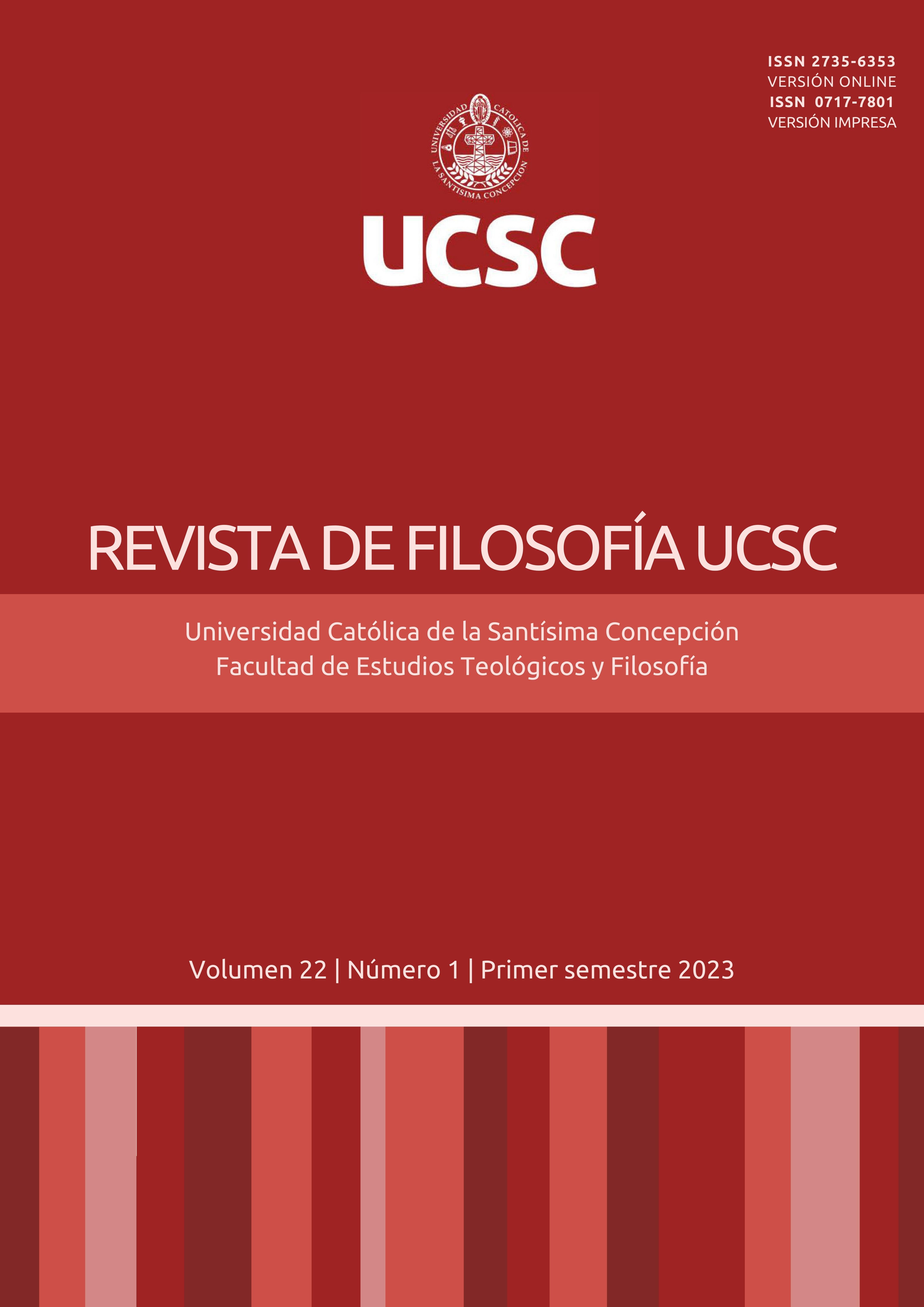On Natural Law in St. Thomas Aquinas
Main Article Content
Abstract
This paper aims to demonstrate some of the central elements of natural law in the light of the thought of St. Thomas. In asserting the existence of a natural law, our author tends to establish distinctions in the way it operates in created beings, with a substantial difference being the distinction between rational and irrational beings. Inevitably, the natural law brings practical consequences, in the sense that it usually derives in ethical norms, thus it is possible to consider that the natural law has some practical orientation. However, we should note that in the particular case of man, despite being subject to these orientations, he has the possibility of denying his inclinations due to both his rational nature and his freedom. Nonetheless, to deny the natural law would lead him to act against his own nature.
Article Details
Section

This work is licensed under a Creative Commons Attribution-NonCommercial 4.0 International License.
The Revista de Filosofía UCSC is an open access journal and does not charge for publication. In addition, it regulates its Copyright and access policy according to the Creative Commons Attribution-NonCommercial 4.0 International Public License (CC BY-NC 4.0), therefore sharing (reproducing and distributing the material in any medium or format) and adaptation (modifying, transforming, and creating from the material) is allowed as long as proper credit is given and the citation is included with the corresponding data. Moreover, it is not allowed to use the material for commercial purposes.
How to Cite
References
Referencias
Aquino, T. (1981). Los mandamientos. Tradición.
Aquino, T. (1993). Suma de Teología I-II. Biblioteca de Autores Cristianos.
Aquino, T. (2000). El Ente y la Esencia. Universidad Autónoma de Nuevo León.
Aquino, T. (2015b). Comentario a las sentencias de Pedro Lombardo II. Eunsa.
Aquino, T. (2015). Suma Contra Los Gentiles. Biblioteca de Autores Cristianos.
Bossini, L. A. (2022). La ley natural según Santo Tomás de Aquino. Instituto de Estudios Filosóficos.
Finnis, J. (1992). Ley natural y Derecho natural. Abeledo Perrot.
Haro, R. G. (1976). Para la recuperación de la noción teològica de ley.Tecnos.
Juan Pablo II. (1993). Veritatis Splendor. Santa Sede.
Luño, Á. R. (1995). “Veritatis Splendor” un anno dopo. Appunti per un bilancio (I). ACTA PHILOSOPHICA, 223-260.
Ocáriz, F. (1980). Las Razones del Tomismo.Eunsa.
Rodriguez, J. (1993). El iusnaturalismo de John Finnis. Anuario De Filosofia del Derecho, 357-406.




